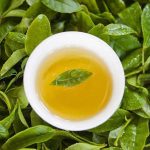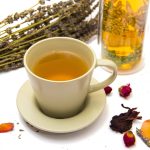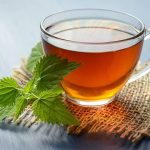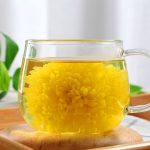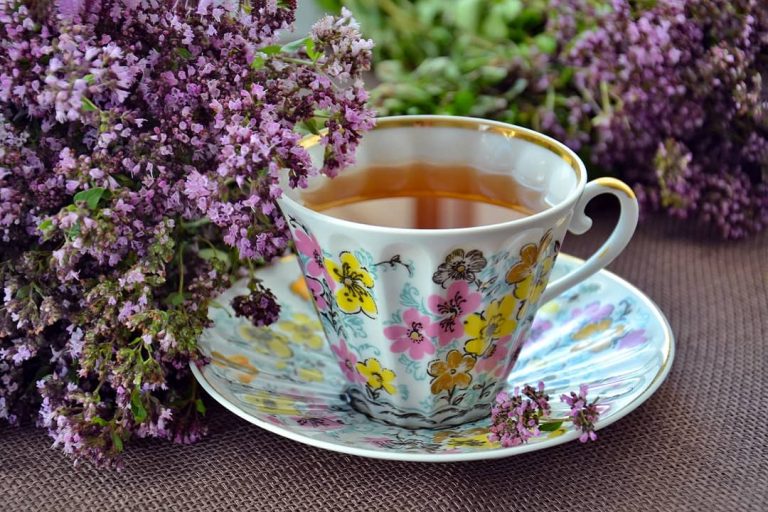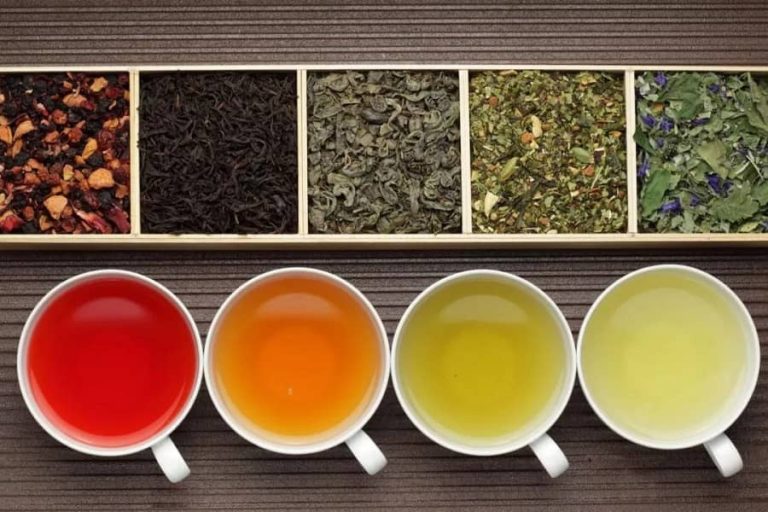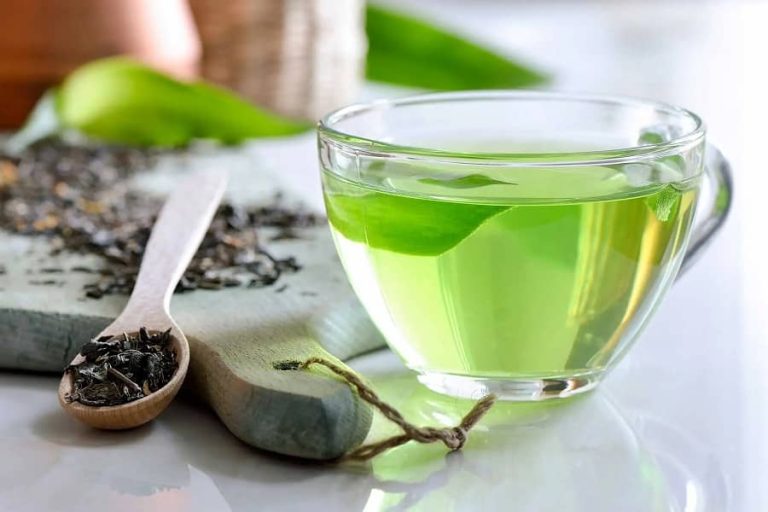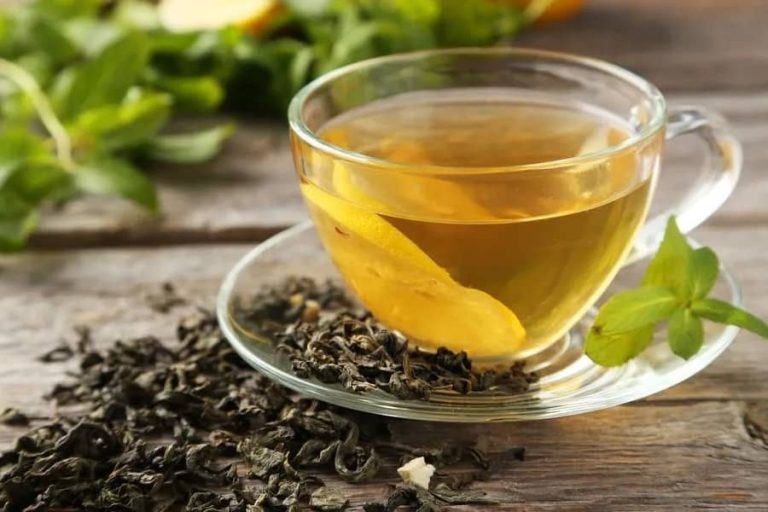Green Tea- Uses, Side Effects,Etc.
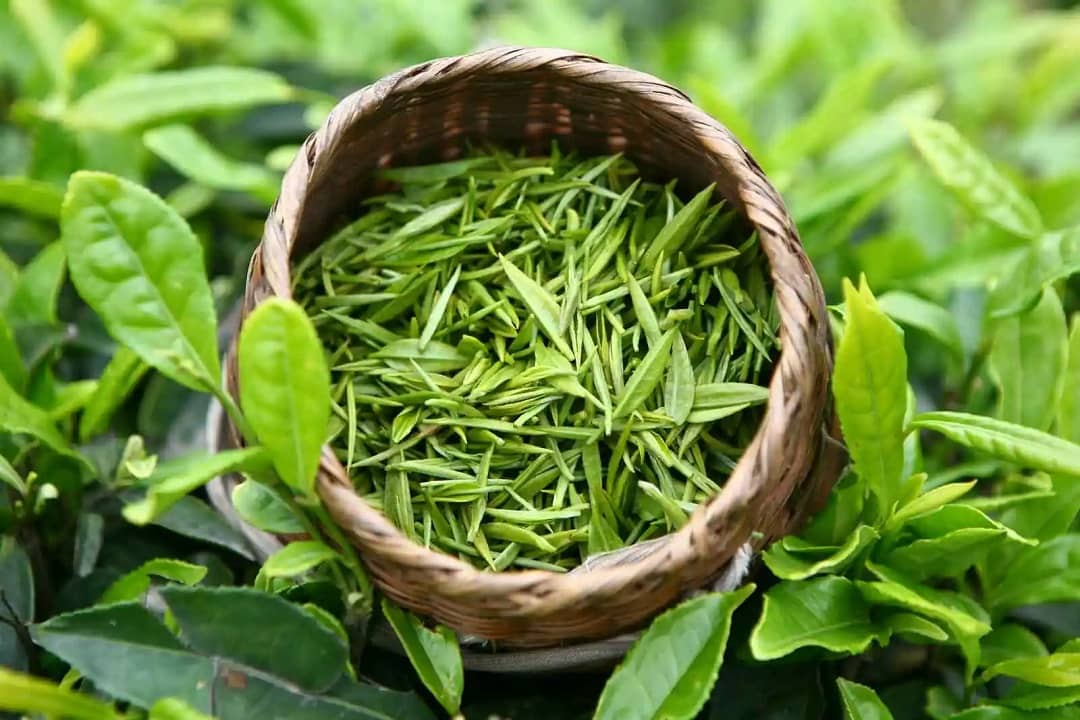
Green tea is created from the leaves of the Camellia sinensis plant, which is also use for making other kinds of tea, i.e. oolong or black tea. To make green tea the leaves are steamed, fried, and dried. Some teas are fermented, but not green tea. Therefore, it keeps the polyphenols, which are the components containing healthy benefits. Plus, green tea has caffeine in it.
Uses and benefits of green tea
When it comes to using it for its health benefits, it can be turned into a drink, supplement or cream. When it comes to the best effectiveness of green tea, it has been shown to be good for genital warts as stated earlier in a cream called Polyphenon E ointment, which has 15 percent green tea in it and is used for between ten and 16 weeks and has been seen to cure it in up to 60 percent of users.
It’s also thought to possible be good for helping prevent clogged arteries in studies where the participants drank 3 or more cups of green tea a day, therefore it is thought to help with some forms of heart troubles. Plus, it has been shown to help reduce the possibility of women developing endometrial cancer of the uterus, as well as ovarian cancer.
Side Effects of Green Tea
When drank: It’s thought to be safe to drink up to around eight cups of green tea a day. However, larger amounts than that could cause problems if someone is sensitive to caffeine and may bring on headache or irregular heartrate. Plus, high amounts of green tea extract were shown to cause liver damage.
Pregnant women are advised to drink only up to six cups of green tea daily due to the caffeine content (about 300 mg per six cups), otherwise it could induce a miscarriage or other problem, as well as cause folic acid deficiencies, which in turn can cause birth defects in the fetus.
Breast feeding women should only drink two or three cups of green tea daily due to caffeine content passes to the baby and could cause sleeping problems in the infant or irritability. It’s okay for older kids to drink it in small amounts seen in most regular food or drink, but they shouldn’t use green tea extract as it is stronger and could cause liver problems.
Other disorders that green tea could cause problems with if drank in high amounts include anemia (could make worse), anxiety disorders (could make worse), bleeding disorders (could make worse), diabetes (could affect control of the blood sugar levels), and heart issues (if used in high amounts). It is the caffeine that causes the majority of the issues above, as well as the caffeine used in high amounts could cause diarrhea, seizures (could interact with seizure medications), increase the pressure in the eye (glaucoma), increase blood pressure, irritable bowel syndrome (could make worse), liver problems (as stated earlier green tea extract in high amounts could cause damage), or it could weaken the bones.
When used for skincare: Green tea extract is thought to be safe if you appropriately use a product approved by the FDA for a short period of time.
Possible medication interactions with green tea
There are also some types of medications that interact badly with green tea, so if you take prescription medications talk to your doctor first if you plan to drink it or use supplements of any kind. A few of the major problems are with stimulant drugs (i.e. ephedrine), Nadolol (Corgrd), and Atorvastatin (Lipitor), as well as moderate problems when taken with Adenosine (Adenocard), quinolone antibiotics, birth control pills, Cimetidine (Tagamet), Clozapine (Clozaril), Dipyridamole (Persantine), Disulfiram (Antabuse), Estrogen, Fluvoxamine (Luvox), Lithium, drugs for slowing blood clotting, nicotine (in tobacco products), Pentobarbital (Nembutal), Phenylpropanolamine, Riluzole (Rilutek), Theophylline, verapamil (Calan), Warfarin (Coumadin), Bortezomib (Velcade), asthma drugs, drugs to teat depression, stimulants, drugs using a pump (speeds the process up), 5-Fluorouracil, Rosuvastatin (Crestor), Cabamazepine (Tegretol), Celiprolol (Celicard), Ethosuximide (Zarontin), Felbamate (Felbtol), Flutamide (Euliexin), Imatinib (Gleevec), Lisinopril, Phenobarbital (Luminal), Phenytoin (Dilantin), Valproate, and diuretics.
It is thought to have minor interactions with alcohol usage, Fluconazole (Diflucan), anti-diabetic drugs, Mexiletine (Mexitil), Terbinafine (Lamisil), Midazolam (Versed), Nicardipine (Cardene), Metformin (Glucophage), Methoxsalen (Oxoralen), Phenotiazines, Tiagabine (Gabitril), and Ticlopidine (Ticlid).
Just because your medication isn’t on the above list, doesn’t mean you shouldn’t talk to your doctor prior to drinking or using green tea in any form.
All in all, the above is some good info on green tea, and how it can affect other drugs or products you may also use.



